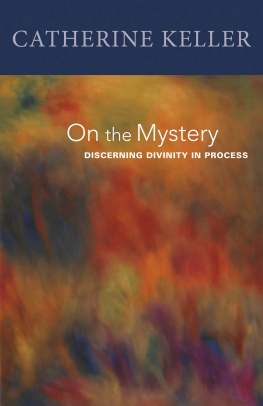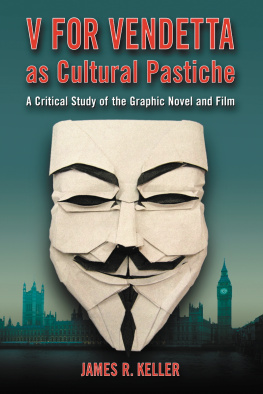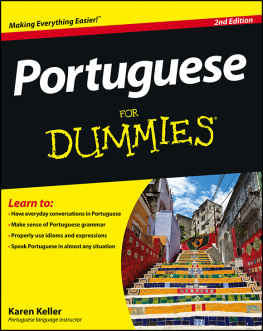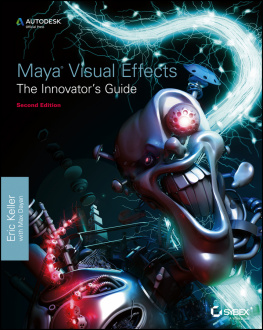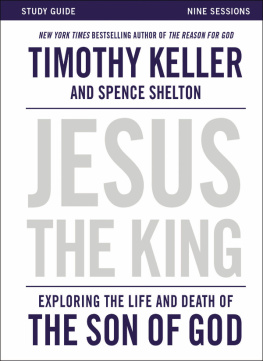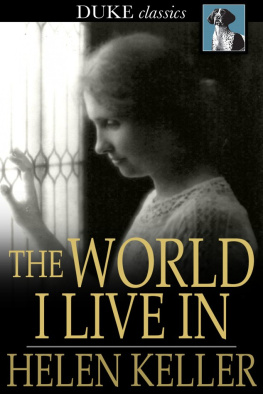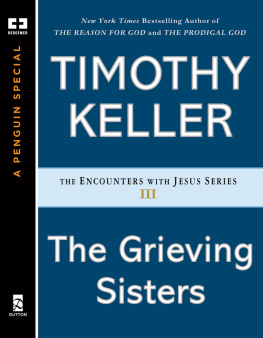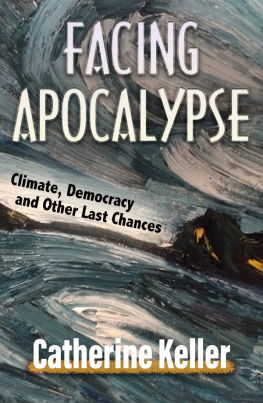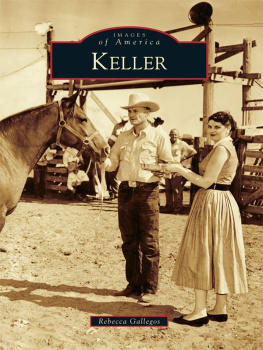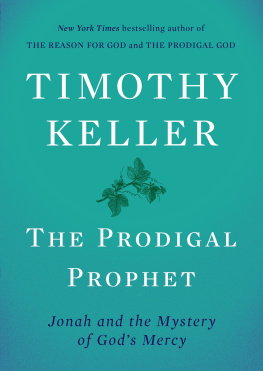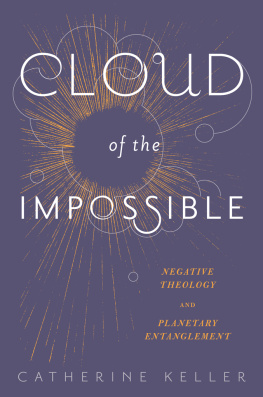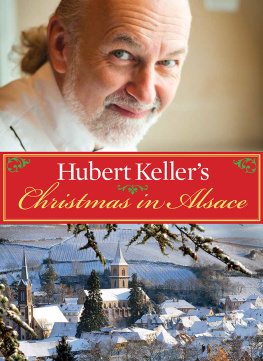On the Mystery
On the Mystery
D ISCERNING D IVINITY IN P ROCESS
Catherine Keller
Fortress Press
Minneapolis
ON THE MYSTERY
Discerning Divinity in Process
Copyright 2008 Fortress Press, an imprint of Augsburg Fortress. All rights reserved. Except for brief quotations in critical articles or reviews, no part of this book may be reproduced in any manner without prior written permission from the publisher. Visit http://www.augsburgfortress.org/copyrights/contact.asp or write to Permissions, Augsburg Fortress, Box 1209, Minneapolis, MN 55440.
Biblical passages, unless otherwise noted, are from the New Revised Standard Version of the Bible, 1989 National Council of the Churches of Christ in the USA. Used by permission. All rights reserved. Biblical passages from the New King James Version are 1979, 1980, 1982 Thomas Nelson, Inc. Used by permission. All rights reserved.
Excerpts from Ha Shem from Dancing with God by Karen Baker-Fletcher, 2006 Karen Baker-Fletcher, and from Tongues-Talk by Jim Perkinson, are reprinted by permission of the authors.
Cover image: Cruciform by Elliot R. Wolfson. Photo James Kelly. Used by permission.
Cover design: Laurie Ingram
Book design: PerfecType, Nashville, Tenn.
eISBN 9781451404999
Library of Congress Cataloging-in-Publication Data
Keller, Catherine
On the mystery : discerning divinity in process / Catherine Keller.
p. cm.
Includes bibliographical references and index.
ISBN 978-0-8006-6276-9 (alk. paper)
1. Process theology. I. Title.
BT83.6.K45 2008
230.046dc22 2007032772
For all my seminary students, ever mysterious
C ONTENTS
When she was barely five, my niece Jennifer took me for a walk in her neighborhood. Come this way, Catherine, she said, with a dramatic air of hushed excitement. Wielding a stick like a magnifying glass, poking and probing beneath the shrubs along the sidewalk, she handed me a pebble, then a petal, to examine for myselfas though for clues. What are we looking for, Jennifer? Were on the mystery! she exclaimed.
I dont know where she had picked up this precocious imitation of Sherlock Holmesperhaps from her father, a policeman. She grew into a geologist, so her fascination with the puzzling detail of the world stayed with her. That peculiar phrase stayed with me. With a childs spontaneity it combines the adventure of a mystery with an intense purposefulness, echoing Were on the job or Were on the way. And yet there wasnt any crime she was trying to solve. Here was mystery for its own sake!
The way of this mystery, the wonder of its process, is not justified by its endpoint. It wanders ahead in time and in space by no terribly linear path. Yet each step matters. The mystery draws us onward. We are always trying to figure it out; to discern our way; to gather clues, hints, and signs. (So a little event with a child, itself satisfying, becomes a parable for something more.) Along the way we solve one problem after the next. But the content that concerns us here may pose a real enigma: When we think weve finally got it, have we already lost it?
But we speak Gods wisdom in a mystery.
Is the mystery God? This is a work of theology, theos/logos, God-talk after all. So the answer must be yes. Divinity is surely a mystery. But notice what already happens? Isnt it as though the mystery has already gotten solved? Oh, God, sure. Him. If you believe in God, you know where we are going. If you dont, you are out of here. Even to say God is a mystery seems to give away the mystery. Like skipping to the end of a book. We bring so much baggage to the concept of God that we can hardly move, let alone undertake a journey. Whether we believe in God or notmost of us are already loaded down with presumptions about divinity. Theists and atheists more often than not share the same smug concept of God. For example, they presume that what we call God is omnipotent and good, that He proved his love by sending His only Son to die for us
Can we stop right there?
Do you see how loaded with presuppositions just that little sentence is: it presumes that love and dominance work smoothly together, and that nothing that happens to us, however horrible, happens apart from the will of God. It presumes that divinity should be addressed as He. It presumes a Christian monopoly on the truth. Moreover, most folk will assume that these presuppositions are simply biblical. Yet there is, for example, no biblical term for omnipotence. The closest notion, the Almighty, is actually a mistranslation of El Shaddai, God of the Mountainliterally in Hebrew the Breasted One!
I am just making a point about the heavy cargo of presumptions that God carries for most of us. I am not at this moment disputing any particular presumptionsexcept for the presumption that such truisms about God add up to a meaningful theology, let alone to a living faith. I am wondering whether it is still possibletheologicallyto speak Gods wisdom in a mystery.
What an attractive definition of theology Pauls phrase delivers. Yet even in the New Revised Standard Version, the translation I most rely upon, a telling shift happens (no doubt in the interest of clarity). It reads: But we speak Gods wisdom, secret and hidden. That sounds as if now we are able to speak Gods wisdom directly and transparently, whereas it had been hidden before. Yet the point of the text in Greek is that if we are speaking this wisdom, we are now speaking in a mysteryen mysterio. The mystery got lost in translation!
What might Paul have in mind? He is reflecting on what God has revealed to us through the Spirit. Apparently this spirited wisdom (his Greek word is the feminine sophia) is not a set of recitable propositions. He is here opposing this enigmatic sophia to the wisdom of this age or of the rulers of this age (knowledge that masters its objects, that confers power on those who possess it: what the cultural critic Michel Foucault calls knowledge/power. How ironic that Christian theology would become the ideology of the rulers. Even now.
This book is an exploration of the wisdom and the way of a theology that can only be spokenwhen it can be spokenin the spirit of mystery: in attunement to that which exceeds our knowing. Such knowing of the limits of our knowledge comes not, however, from the stifling of critical questions and the obstructing of open questsbut from their adventurous pursuit. Theology as the language of faith partakes of historical analysis and critical reason, as do the other -ologies. But it is older. And it has always pushed beyond academic boundaries into the language of communities of faith and into the enquiries of individuals alienated from any church, temple, synagogue, or mosque. It has a massively Christian history. But as a term theology originates in ancient Greece; it branches into the development of all three peoples of the book (the prophet Mohammads term for the biblical legacy); it travels beyond monotheism, as in current discussions of comparative theology. Theology is not better or truer than other disciplines of thought. Indeed, it has over its complex and conflictual history legitimated more violence than any other -ology.
Those who involve themselves in theological questions seek wisdom only as we relinquish any pretense of innocence. Wisdom has always already outgrown innocence. The biblical prototypethe divine Sophiaprecedes all creation, after all (). She has seen it all. This mystery does not warrant ignorance of our history and our institutions, of our hugely varying effects on the planetary contexts of theology. Often what is called mystery (as in Dont ask questions, it is a holy mystery) is mere mystification, used to camouflage the power drives of those who dont want to be questioned.

